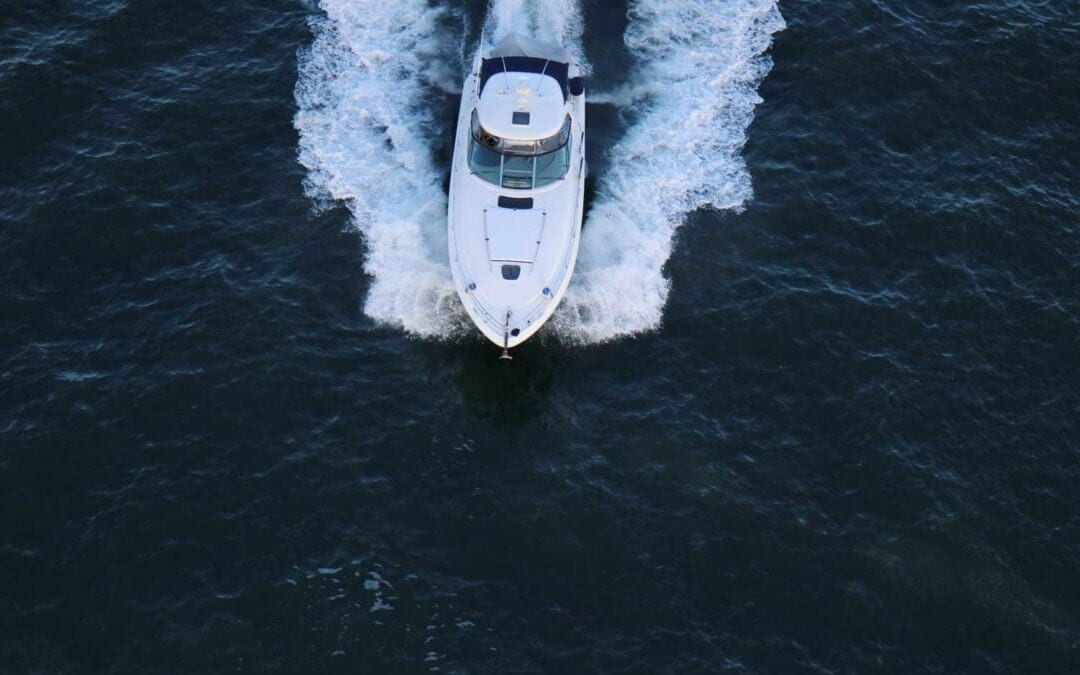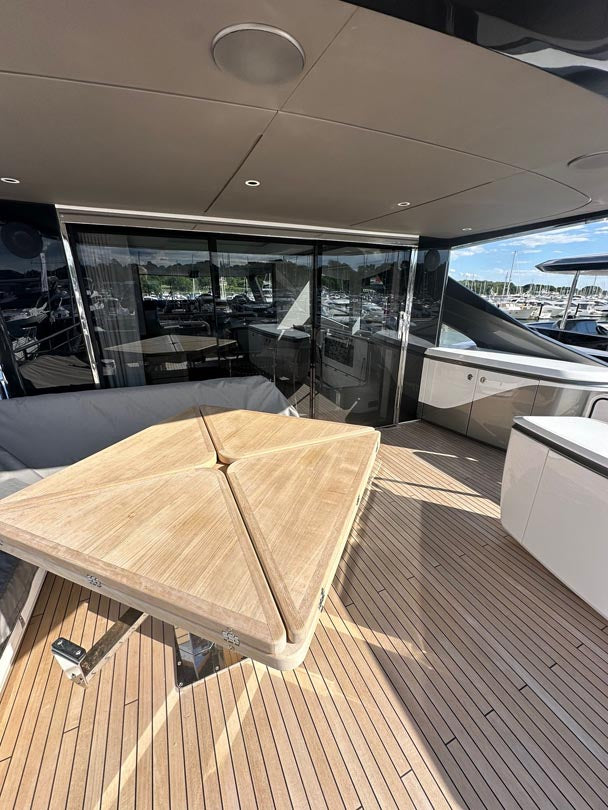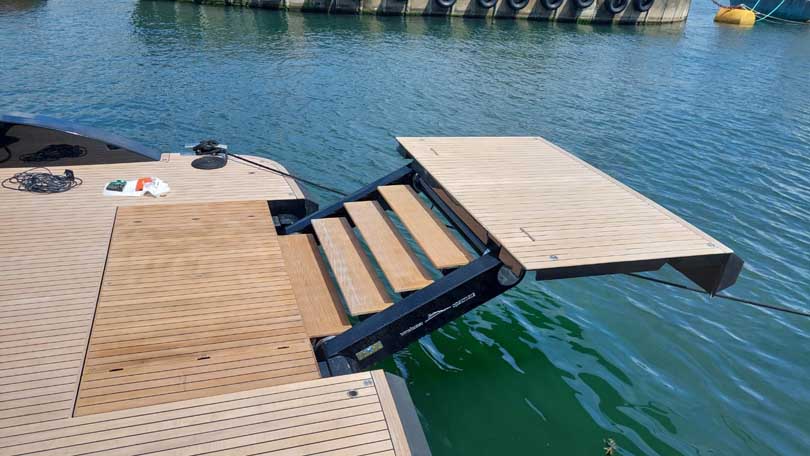Boating Tips Every Beginner Should Know

Boating is a fun activity that you can try with your family and friends. It can provide you with hours of enjoyment and memories that you will treasure for the rest of your life. However, if you are a boating newbie, it is important to take note of these tips before you set sail. These guidelines will allow you to ensure the safety of all passengers and have a pleasurable experience on board.
Consult weather forecast
Check the weather forecast before hitting the water. As a beginner, you will want to practice boating on calm waters with little to no wind. Make sure that there are no extreme conditions on your route as even experts have a difficult time sailing in rough conditions.
Check the boat
Look at the physical and structural condition of the boat. Check the hull, gunwales, transom, outer edge of the bow, through-hull connections and the cockpit to ensure there are no damages. Verify that the vessel is not taking on water and the marine pumps are working. Inspect for any leaks around the through-hull connections. If installed, check if the VHF marine radio and GPS unit are working properly. Review these items to check if the boat is seaworthy.
Bring a first-aid kit
Take a first-aid kit with you on board. As you cannot immediately go to the hospital if accidents occur, you need to be prepared. Have some bandages, scissors, gloves, cotton balls and some medication like motion sickness pills. This will allow you to give first-aid treatment to yourself or to your shipmates in case of an emergency.
Have a toolbox
If you encounter any mechanical problems while in the water, having a toolbox on board will help you with minor boat repairs. By bringing tools and spare parts, you can try to fix any issues on your own. However, if the problem is severe, you may need to contact a professional boat engineer.
Wear a life jacket
A life jacket can save your life if rough weather or high winds send you into the water. It allows you to stay afloat and prevents you from drowning. Before you go out on the water, make sure you wear a life jacket for your own safety.
With a team of experienced engineers, Aquamare Marine specialises in sales and support for the marine industry. We offer a wide range of services and solutions from underwater lights to joystick systems. Feel free to reach us on +44 (0)1752 604603 or send us an email at info@aquamare.co.uk for any enquiries.


